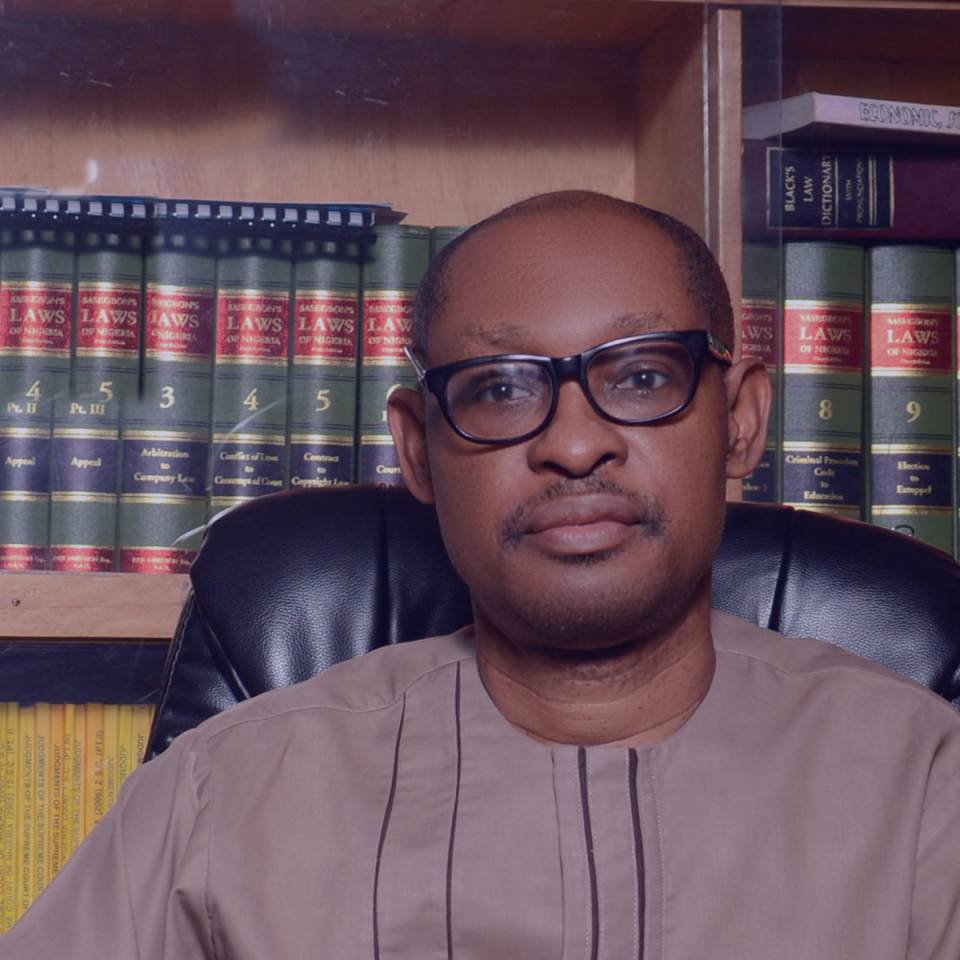The prolonged fuel crisis may have been working through consumer prices, pushing the headline inflation to 21.82 per cent, a level not seen in about two decades.
The inflation rate is 6.22 percentage points higher compared to a year earlier when it was 15.6 per cent.
The inflation rate eased slightly in December, from 21.47 to 21.34 per cent, which many interpreted as a sign it might have reached the peak. The Guardian, however, reported that election spending posed a considerable threat.
According to the January Consumer Price Index (CPI) released by the National Bureau of Statistics (NBS) yesterday, the composite food index also rose to 24.32 per cent year-on-year (y/y), which is also the highest in decades.
Core inflation, which is the segment stripped of volatile items such as, food and energy, was 19.16 per cent. The figure is 0.66 percentage points higher than the December index.
Month-on-month (m/m) change, which tracks the current strength of inflationary pressure, was 1.87 per cent – also the highest in decades. The monthly change points to rising inflationary pressure despite the aggressive interest rate hike to stem the growth.
The urban inflation was 22.55 per cent, while that of the rural area was 21.13 per cent. The sharp difference between the two segments and the elevated m/m change in the former (1.95 per cent) underpins the role of transportation of especially food items in the worrisome price growth.
As the inflation rate continues to trend up, economists said the government is not taking any deliberate steps to tame the menace.
Professor Godwin Oyedokun, a council member of the Chartered Institute of Taxation of Nigeria (CITN), said he never believed that the inflation rate would come down, given that there is no deliberate policy by the government to control it.
He said the fundamentals driving inflation are far from the money supply, blaming much of it on import dependence.
“In December, when it came down, I said it cannot last because the policy direction of government is not addressing fundamental issue, which is increasing local production. Until we do that, inflation rate will continue to rise,” he said.
He also said that some people in government may be manipulating the system to favour them.
His words: “Now that the election is around the corner, how many times have you heard about kidnapping or insurgency? That shows that what is happening in this country is a case of ‘the more you look, the less you see’. They know the solutions but they are not willing to implement them.”
The professor said there is nothing the present government could do to address inflation because it cannot follow through with tough decisions.
Also responding, the President Association of National Accountants of Nigeria (ANAN), Prof. Benjamin Osisoma, said the inflation mix is a complex situation.
“One expected it will exact a downward pressure on inflation and the consequences would be reduced prices, we are also expecting that the exchange rate to the dollar will come down, after all the naira that chases the dollar is very little in the hands of people.
“For these things to come side by side with increased prices and high exchange rates, it reminds me of a phenomenon that was introduced in 1970 in our economic lexicon called stagflation.
“Ours is a complex situation. But one thing you should know is that despite all the pressures coming from the government through the CBN, our economy is still import dependent.”
He noted that most business activities are denominated in dollars, hence inflation continues to trend up as the naira loses its value.
“The fundamental responsibility of the government is to move Nigeria from consumption to production. We need to produce more, we need to produce the things we consume,” he noted.
The Lead Director of the Centre for Social Justice (CSJ), Eze Onyekpere, observed that Nigeria’s inflation problem cannot be tackled with monetary policy alone.


previous post


